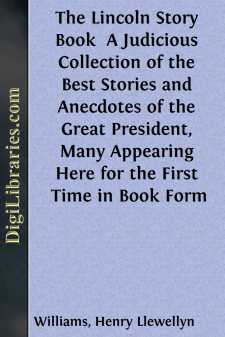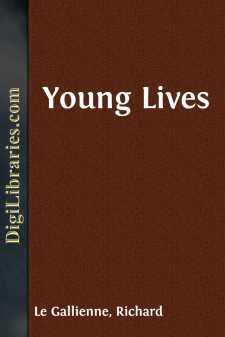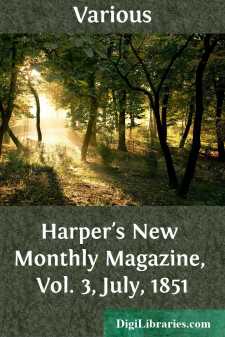Categories
- Antiques & Collectibles 13
- Architecture 36
- Art 48
- Bibles 22
- Biography & Autobiography 816
- Body, Mind & Spirit 145
- Business & Economics 28
- Children's Books 18
- Children's Fiction 14
- Computers 4
- Cooking 94
- Crafts & Hobbies 4
- Drama 346
- Education 58
- Family & Relationships 59
- Fiction 11831
- Foreign Language Study 3
- Games 19
- Gardening 17
- Health & Fitness 34
- History 1378
- House & Home 1
- Humor 147
- Juvenile Fiction 1873
- Juvenile Nonfiction 202
- Language Arts & Disciplines 89
- Law 16
- Literary Collections 686
- Literary Criticism 179
- Mathematics 13
- Medical 41
- Music 40
- Nature 179
- Non-Classifiable 1768
- Performing Arts 7
- Periodicals 1453
- Philosophy 66
- Photography 2
- Poetry 897
- Political Science 203
- Psychology 45
- Reference 154
- Religion 516
- Science 126
- Self-Help 86
- Social Science 82
- Sports & Recreation 34
- Study Aids 3
- Technology & Engineering 59
- Transportation 23
- Travel 463
- True Crime 29
Our website is made possible by displaying online advertisements to our visitors.
Please consider supporting us by disabling your ad blocker.
The Lincoln Story Book A Judicious Collection of the Best Stories and Anecdotes of the Great President, Many Appearing Here for the First Time in Book Form
Categories:
Description:
Excerpt
PREFACE.
The Abraham Lincoln Statue at Chicago is accepted as the typical Westerner of the forum, the rostrum, and the tribune, as he stood to be inaugurated under the war-cloud in 1861. But there is another Lincoln as dear to the common people--the Lincoln of happy quotations, the speaker of household words. Instead of the erect, impressive, penetrative platform orator we see a long, gaunt figure, divided between two chairs for comfort, the head bent forward, smiling broadly, the lips curved in laughter, the deep eyes irradiating their caves of wisdom; the story-telling Lincoln, enjoying the enjoyment he gave to others.
This talkativeness, as Lincoln himself realized, was a very valuable asset. Leaving home, he found, in a venture at "Yankee notion-pedling," that glibness meant three hundred per cent, in disposing of flimsy wares. In the camp of the lumber-jacks and of the Indian rangers he was regarded as the pride of the mess and the inspirator of the tent. From these stages he rose to be a graduate of the "college" of the yarn-spinner--the village store, where he became clerk.
The store we know is the township vortex where all assemble to "swap stories" and deal out the news. Lincoln, from behind the counter--his pulpit--not merely repeated items of information which he had heard, but also recited doggerel satire of his own concoction, punning and emitting sparks of wit. Lincoln was hailed as the "capper" of any "good things on the rounds."
Even then his friends saw the germs of the statesman in the lank, homely, crack-voiced hobbledehoy. Their praise emboldened him to stand forward as the spokesman at schoolhouse meetings, lectures, log-rollings, huskings auctions, fairs, and so on--the folk-meets of our people. One watching him in 1830 said foresightedly: "Lincoln has touched land at last."
In commencing electioneering, he cultivated the farming population and their ways and diction. He learned by their parlance and Bible phrases to construct "short sentences of small words," but he had all along the idea that "the plain people are more easily influenced by a broad and humorous illustration than in any other way." It is the Anglo-Saxon trait, distinguishing all great preachers, actors, and authors of that breed.
He acknowledged his personal defects with a frankness unique and startling; told a girl whom he was courting that he did not believe any woman could fancy him; publicly said that he could not be in looks what was rated a gentleman; carried the knife of "the homeliest man"; disparaged himself like a Brutus or a Pope Sixtus. But the mass relished this "plain, blunt man who spoke right on."
He talked himself into being the local "Eminence," but did not succeed in winning the election when first presented as "the humble" candidate for the State Senate. He stood upon his "imperfect education," his not belonging "to the first families, but the seconds"; and his shunning society as debarring him from the study he required.
Repulsed at the polls, he turned to the law as another channel, supplementing forensic failings by his artful story-telling....












